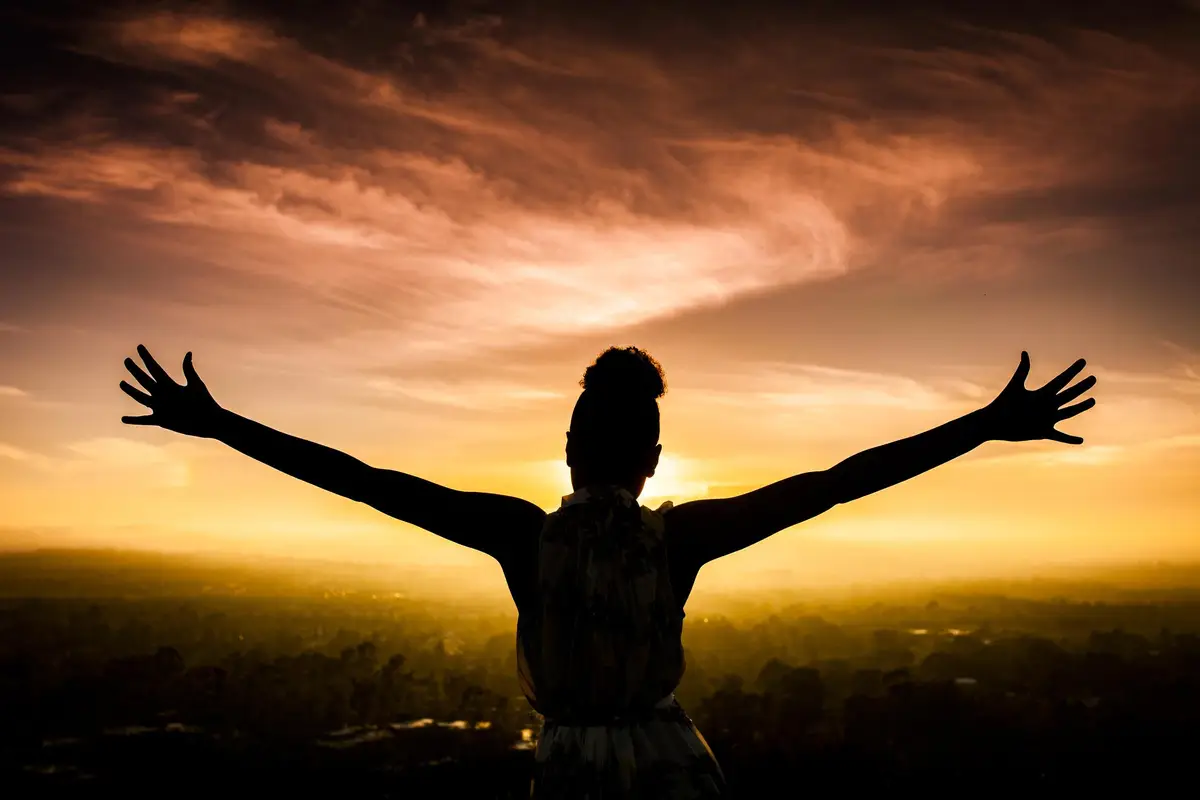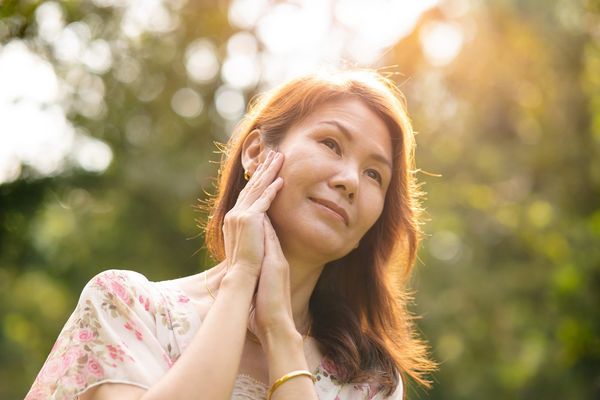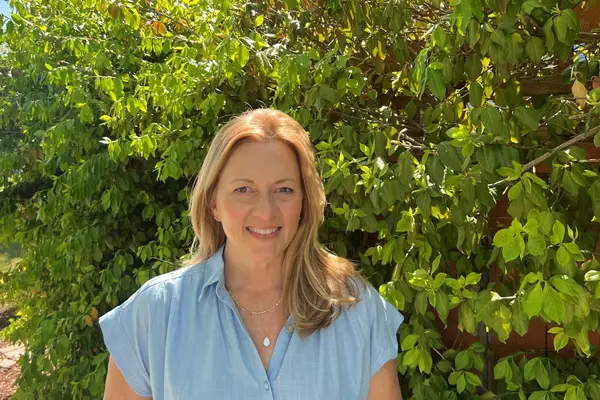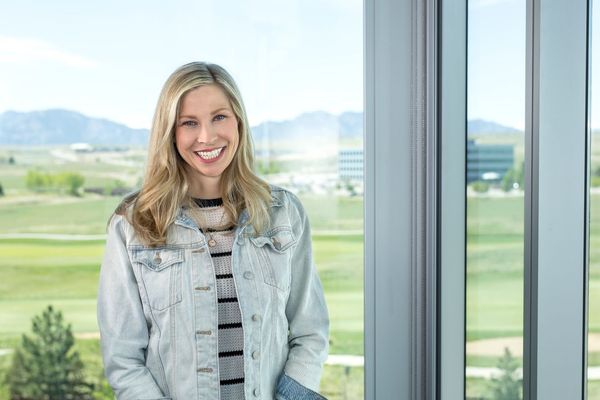December 3 is International Day of Persons with Disabilities.
I have never known a life without disability. I was born with cerebral palsy, which, in my case, impacts the right side of my body. This means delayed motor skills, reaction times, limited range of motion and walking with a visible limp.
Cerebral palsy is and looks different for every person and every body. In my case, I don't use mobility aids full time, but I use them in certain situations, such as airports where I request wheelchair assistance from gate to gate because walking long distances is terrible on my legs.
In a society that knows very little about the accurate reality of disability, people make harmful assumptions. People, who are not a part of the disability community believe our lives are only measured by their belief that we are missing out on something. Often, I find that the negative reactions people have to my being disabled are a projection of their fears of disability that are influenced by falsehoods or exaggerations perpetuated in the media.
The truth is that many people live with disabilities. The CDC reports that there are 61 million adults with disabilities in America alone. This number excludes children and only includes those who have chosen to disclose their disability. Because of the stigma behind disability, many don't. So, the number is likely to be even higher.
For the longest time — too long actually — I did not celebrate International Day of Persons with Disabilities. I didn't celebrate because I was ashamed of being disabled, at least, physically so. I became comfortable with my anxiety and seasonal depression long before I was ever comfortable with being disabled. There was a time when I believed that I would die with disgust for myself.
My shame was rooted in the stigma I mentioned. We treat the otherness of disability as though it is inherently wrong, assuming that the discomfort people feel means the otherness itself is inherently bad or evil.
The abysmal representation of disability within popular culture (such as in the film Me Before You) obscures the richness and fullness of disability. Growing up as a child of the 90's meant growing up with exploitive telethons as my only means of disability representation. I remember passing them on TV and feeling like I wanted to cry and disappear as I watched people like me be belittled and our voices stripped for money. (The intentions were good, but the execution was harmful.)When your reflections of self are via mediums where those portrayals of self are harmful, it's easy to internalize that as proof that you don't matter and that you never will. I bought into these ideas because I knew nothing else. In hindsight, I had and have family and friends who love me and care. As a child, teen and college-aged young adult, I dismissed them as thoughts of people who had to love me, not of people who might want to via their own free will. I only realized the love I received was of free will when I began to see for myself that I was and am worthy of love.
In 2016, my idea of myself changed drastically. This change felt like it happened slowly and all at once. My story is one of reluctance. I didn't set out to love myself. The self-hatred and the doubt was easy, familiar and comfortable. I had gotten used to disliking everything about myself — that's what the part of my brain that was eager for things to stay the same wanted. I read somewhere that no one can hurt us like we can hurt ourselves.
I was a scholar of my own pain, at the top of the class. There was a time when I believed I was protecting myself and preparing for a war against ableist enemies. In reality, I was just waging a war against the mirror's reflection. I thought this was going to be my lived reality forever.
But the year had other plans. It was a strange thing to have a personal breakthrough the same year the world was falling apart — when Trump was elected and we were seeing more Black and brown people being killed by police on camera with no real consequences — but I did. 2016 was the year my professional and personal life shifted. I started getting published in dream publications like Harper's Bazaar and Teen Vogue. More importantly, I began to grow tired, tired of breaking myself up into tiny, angry, insecure pieces and tired of living a life spent hurting myself constantly.
That exhaustion was the catalyst to my self-love breakthrough and, as I write these words four years later, on a day I used to refuse to celebrate, I have to say that I wish I could have gotten here sooner. I can't go back, of course, but I'm happy to be here now. I'm happy to know the other side of my own deep self-hatred. The other side is a deep acceptance on good and bad days. I wake up every morning to find a base level of acceptance during the murky-water days in the middle.
I want to be clear that I'm not perfect and neither is my life. I still have bad moments, weeks and months. I'm in therapy working on myself, working toward a more absolute state of peace toward the things I can't change and the nagging voice in my head that sometimes finds my spare key and lets itself in.
I'm aware how cheesy this will sound, but hear me out. Now, I try to live every day like it's International Day of Persons with Disabilities. I do so by looking for and being open to learning new things about my body, and I no longer apologize for the accommodations I need and deserve, the space I take up, or the way I look.
If someone doesn't like me because my fingers bend permanently, I walk with a limp, and I wear my disability with pride? That's on them, not me.





